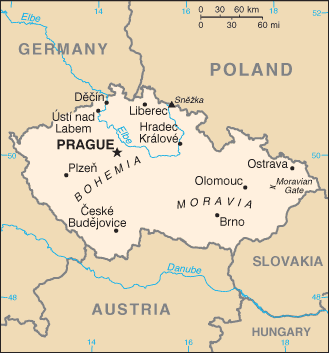Drug policy
The National Strategy to Prevent and Reduce the Harm Associated with Addictive Behaviour 2019-2027 is the key policy document of the Government
of the Czech Republic which articulates its intentions and specific activities involving the implementation of measures aimed at preventing and reducing the harm related to substance use, pathological gambling, and the uncontrolled use of modern technologies among the Czech population.
The Government Council for Addiction Policy Coordination is the advisory, initiating and coordinating body of the Government of the Czech Republic
The Czech Drug Policy is integrated, i.e. covering both, legal and illegal substances, such as illegal drugs, alcohol, tobacco or psychoactive medicines, and nonsubstance addictions, including gambling and gaming.
Treatment and Recovery Services
The 2019-2027 National Strategy addresses addictive behaviour from a comprehensive and interdisciplinary perspective as a complex issue framed by the bio-psycho-socio-spiritual model of addiction.
People with addictive disorders mainly receive help from addiction programmes providing services based on the interdisciplinary approach and the bio-psycho-social model of addiction.
The areas in which the services are provided include prevention, early intervention, counselling, harm reduction, treatment, and the social rehabilitation and reintegration of people with addictive disorders.
Low-threshold programmes, aftercare programmes, and therapeutic communities
are registered as social services rather than health services and they are predominantly operated by non-governmental organisations.
Prevention Services
The 2019-2027 National Strategy acknowledges that addictive behaviour is not a matter of strong or weak will, where a person’s decision or good upbringing and education and prevention can make a difference.
The quality and availability of school-based programmes intended to prevent risk behaviour are improving. However, their quality and coverage vary significantly across regions.
The availability and funding of universal, selective, and indicated prevention programmes focusing on vulnerable groups and individuals are limited.
Prevention programmes which are not evidence-based continue to be implemented and receive support.
There is a continuous lack of systematic long-term programmes targeting the entire population (not only the school one) and programmes aimed at specific settings (including the nightlife setting, prisons, and socially excluded communities) or the specific needs of selected target groups (such as Roma).

